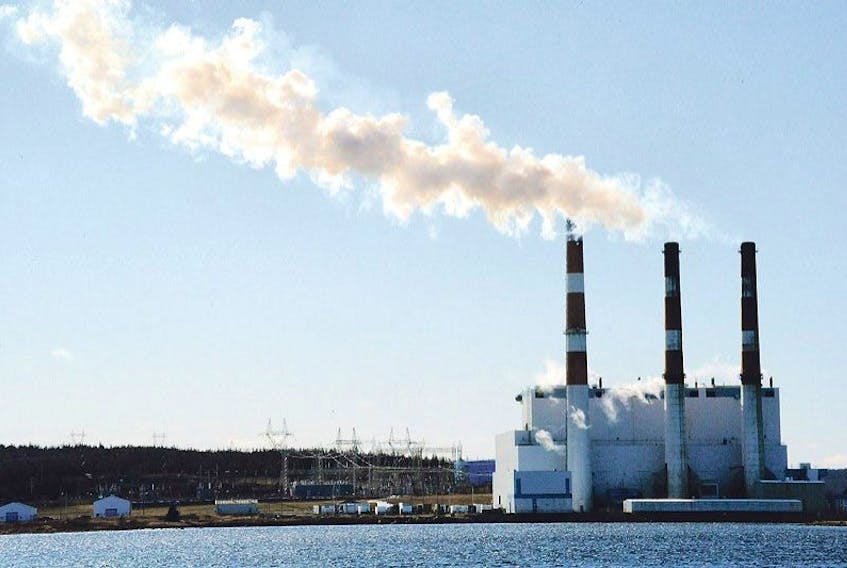In concert with the oil and gas industry, our provincial government has been shamelessly promoting Newfoundland and Labrador oil as “clean” or “green” oil – a mythology unchallenged by local media.
Greenhouse gas (GHG) emissions resulting from oil projects fall into two broad categories: emissions produced by the extraction and refinement processes (upstream), and emissions produced when the oil itself is burned (downstream).
When the provincial government or oil and gas industry cite statistics about emissions from Newfoundland and Labrador oil, they are almost always speaking of upstream emissions. Regardless of how low these emissions may be compared to the global average, they constitute a small fraction of the total life-cycle emissions resulting from the extracted oil.
Seventy to 80 per cent of total emissions resulting from oil occur when the oil is burned.
The Government of Canada rightly argues that “GHG emissions from oil production should be considered in their full context, taking into account the emissions produced when the oil is consumed.” All oil, regardless of origin, produces more or less the same emissions when it comes out of a tailpipe or smokestack.
Seventy to 80 per cent of total emissions resulting from oil occur when the oil is burned.
The world will not reach the Intergovernmental Panel on Climate Change target of cutting GHG emissions in half over the next 10 years by burning Newfoundland and Labrador oil; rather, the world needs to stop burning oil.
There is also another fundamental flaw in the “clean” oil mythology.
Upstream emissions from the extraction and refining processes are charged against the jurisdiction in which they occur. Likewise, downstream emissions produced when oil is consumed are charged against the jurisdiction in which they occur. It stands to reason jurisdictions that actually take climate change seriously will be looking to reduce the emissions charged against them.
As jurisdictions outside of Canada get no credit for our lower-extraction emissions by using our oil, the premise that our “clean” oil will be globally competitive on that basis is sheer fantasy.
We should also not ignore our extraction emissions here at home.
Emissions from our oil and gas sector accounted for 27 per cent of our total provincial emissions in 2017, second only to the transportation sector at 34 per cent (those downstream emissions mentioned earlier).
Even if we consider the emissions from the extraction process on their own, they would still be our second largest source of emissions at 17 per cent, slightly ahead of power generation at 15 per cent.
Expanding our offshore oil production will increase those emissions and make it harder — if not impossible — to meet our provincial 2030 emissions reductions target, which is why our government only speaks of “net zero by 2050” these days.
The greenwashing of our oil as an asset in the fight against global climate change is nothing more than a myth that helps us sleep at night.
It’s time the media started challenging that myth.
Heather Elliott
Mark Nichols
Coalition for a Green New Deal NL









